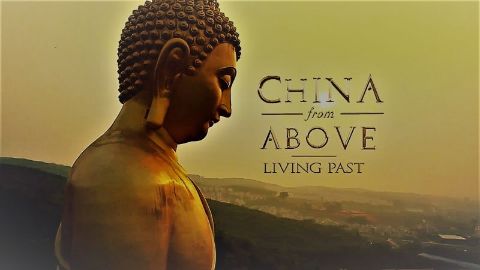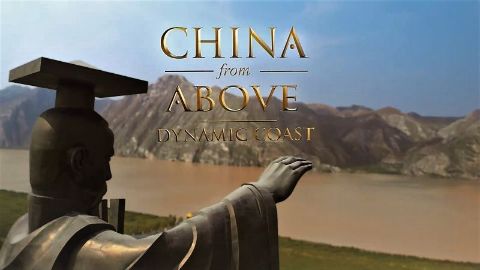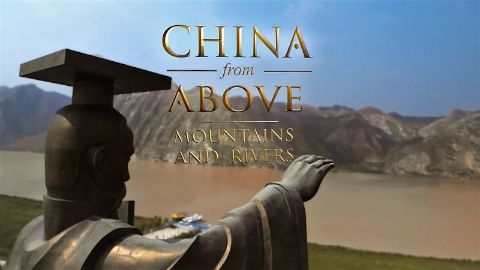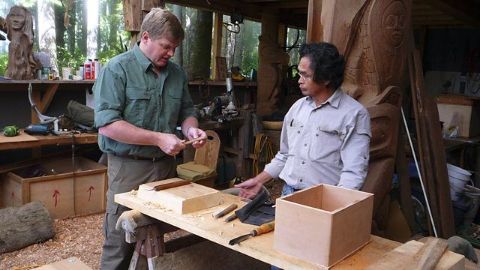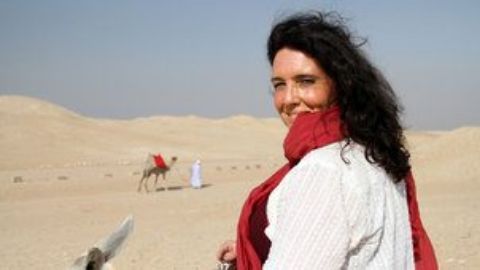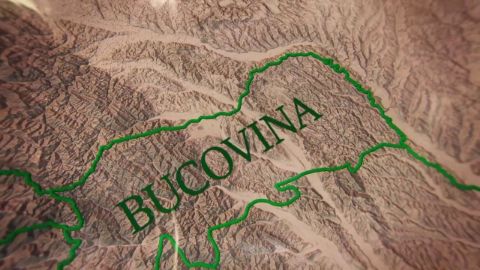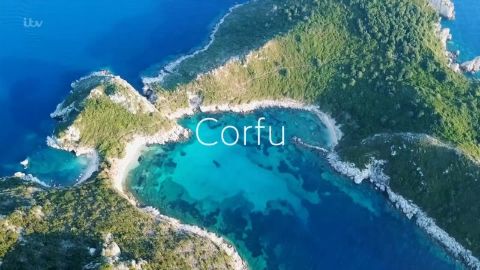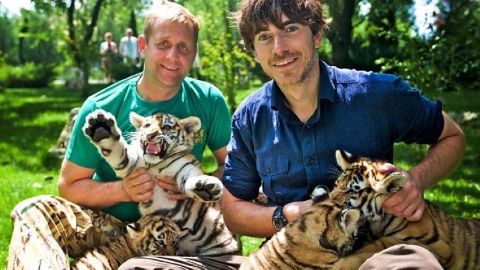Living Past • 2018 • episode "S1E1" • China from Above
Modern-day China has been built on the traditions and innovations of the past. In this aerial journey, explore the sprawling nation from a whole new perspective. See how nature has served as both an enemy and an ally, and meet people who have built lives in the unlikeliest of places, from steep river valleys to harsh desert landscapes. It's a coast-to-coast tour of a vast and varied nation, where ancient customs continue to shape the landscape and the people.
Make a donation
Buy a brother a hot coffee? Or a cold beer?
Hope you're finding these documentaries fascinating and eye-opening. It's just me, working hard behind the scenes to bring you this enriching content.
Running and maintaining a website like this takes time and resources. That's why I'm reaching out to you. If you appreciate what I do and would like to support my efforts, would you consider "buying me a coffee"?
Donation addresses
BTC: bc1q8ldskxh4x9qnddhcrgcun8rtvddeldm2a07r2v
ETH: 0x5CCAAA1afc5c5D814129d99277dDb5A979672116
With your donation through , you can show your appreciation and help me keep this project going. Every contribution, no matter how small, makes a significant impact. It goes directly towards covering server costs.
